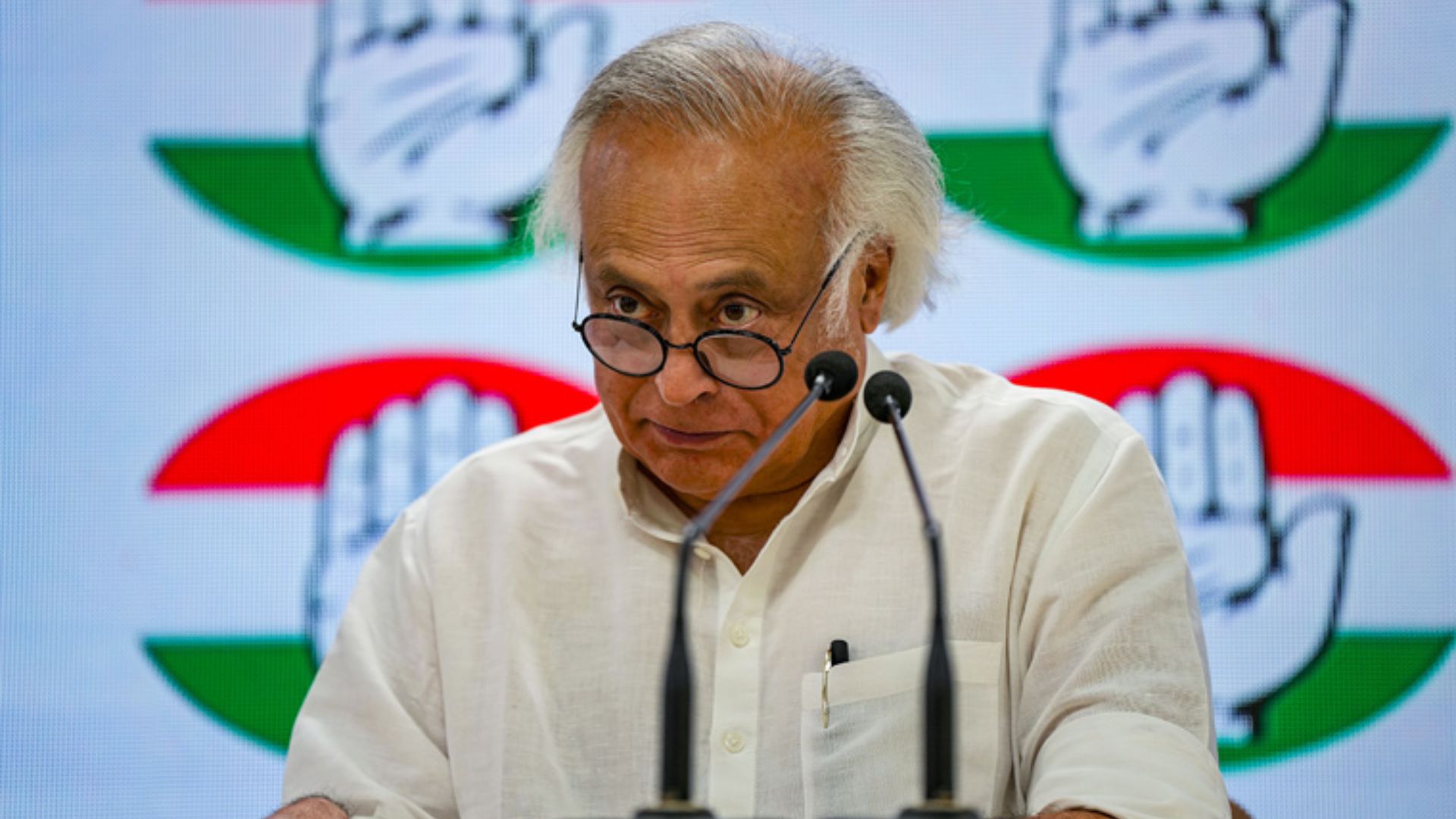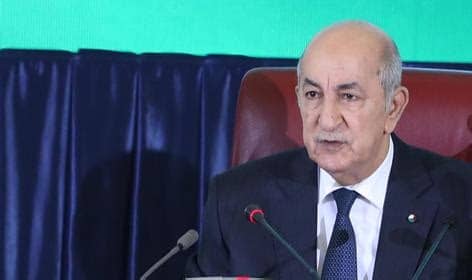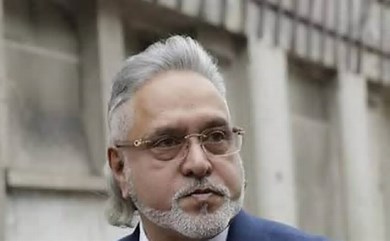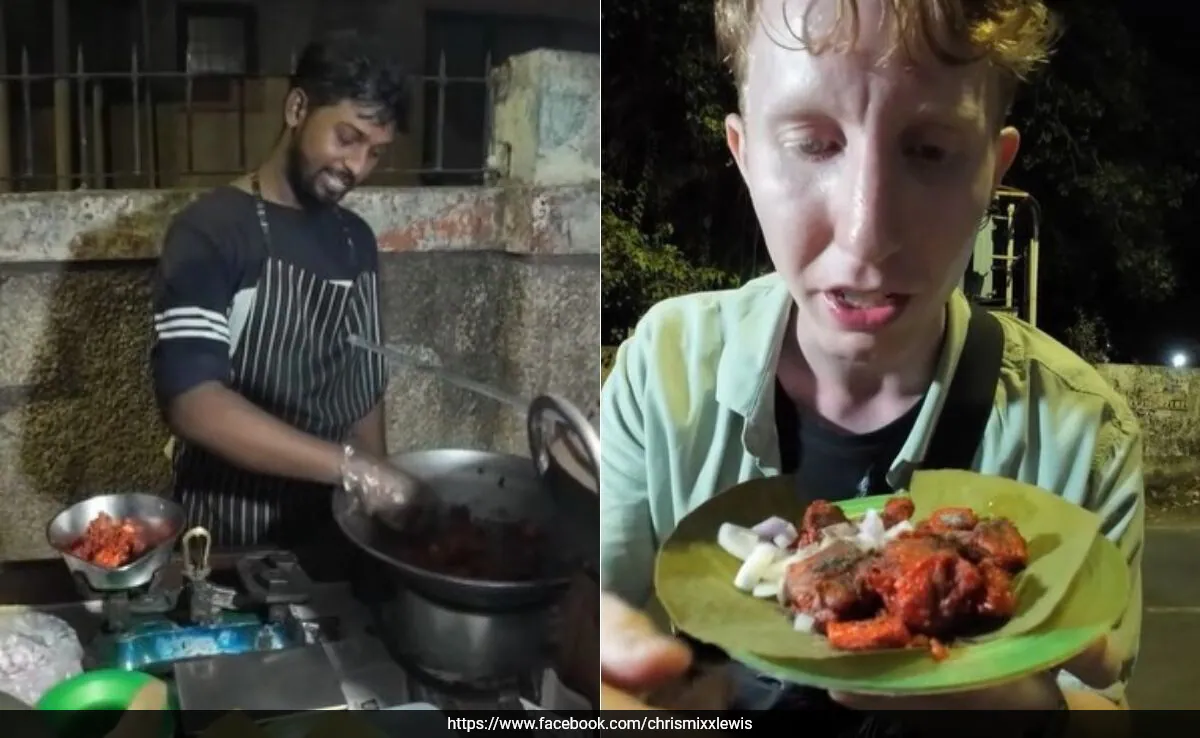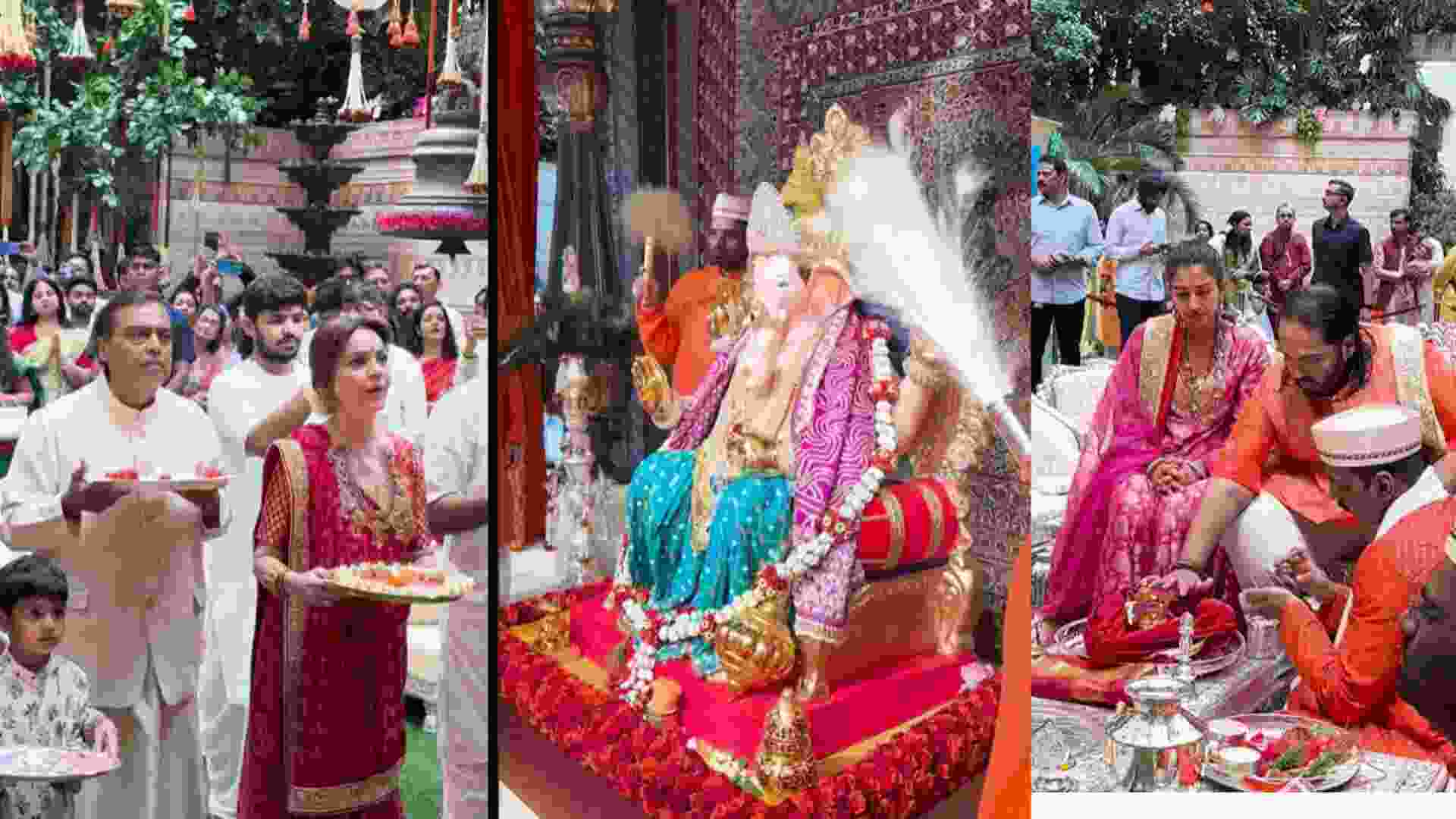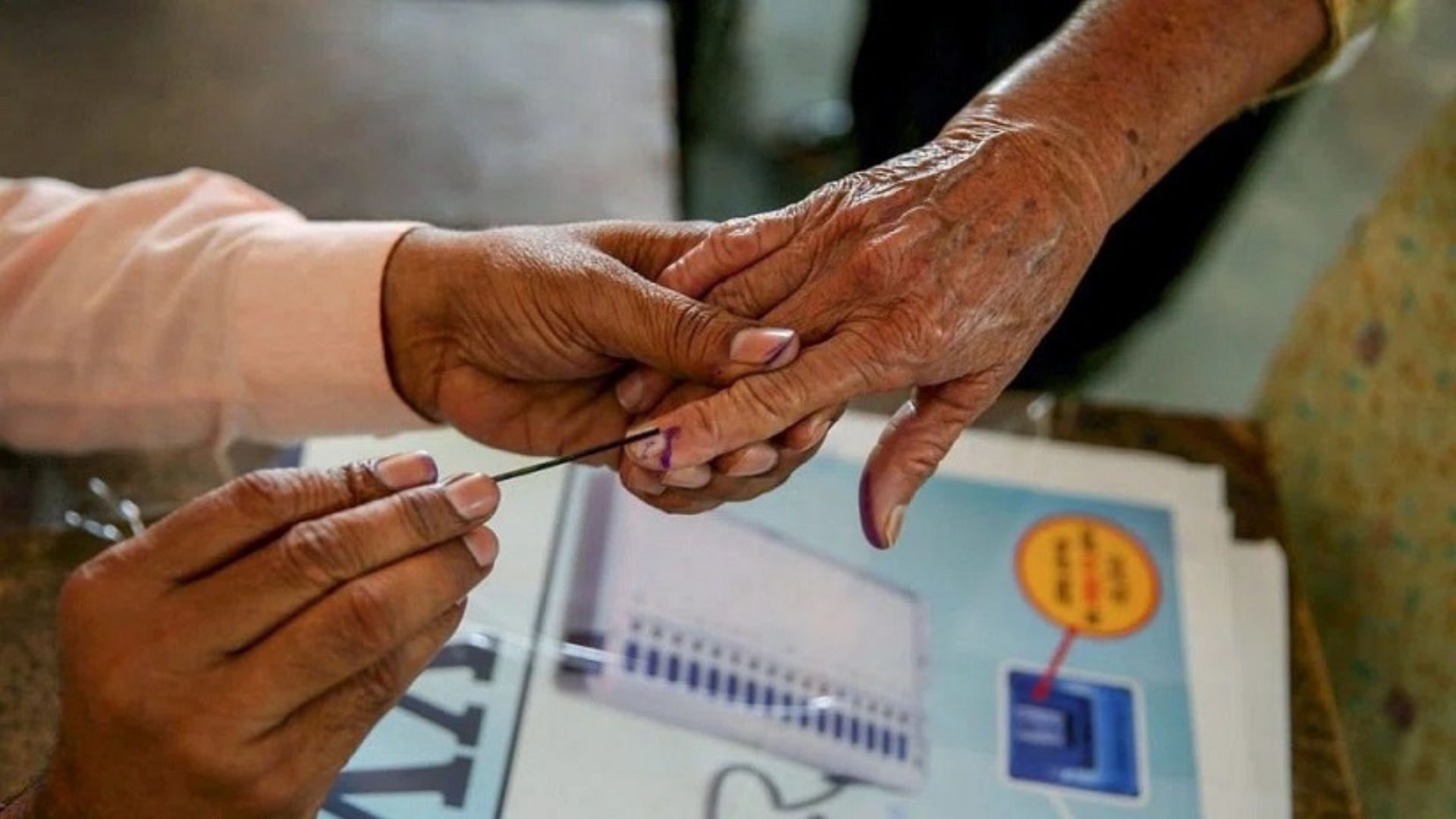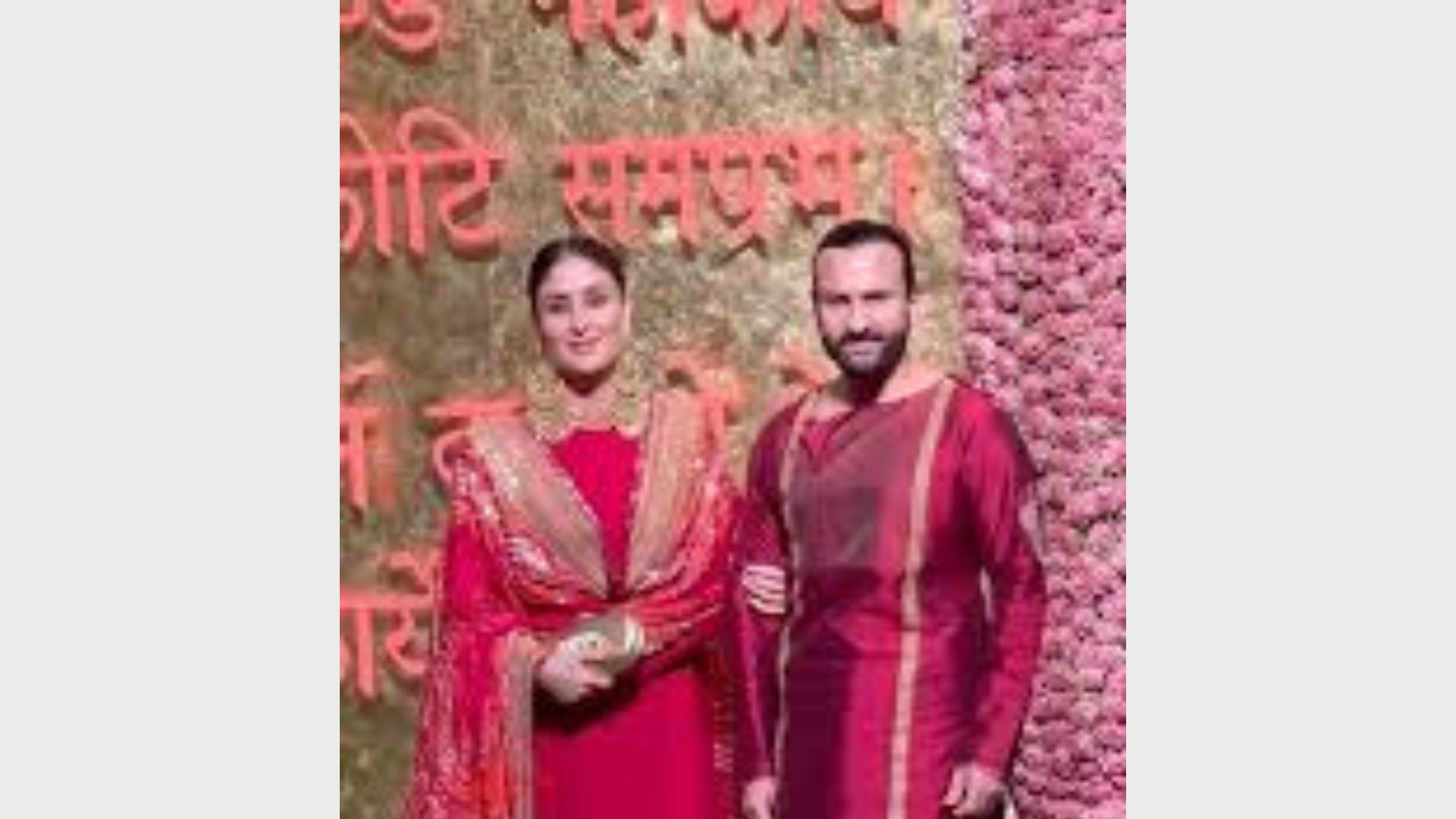The Election Commission (EC) has rejected Congress leader Jairam Ramesh’s request for an additional week to provide detailed allegations against Union Home Minister Amit Shah. Ramesh had accused Shah of calling 150 district magistrates (DMs) across the country after voting for the Lok Sabha elections had ended.
In a directive issued on Monday, the poll panel instructed Ramesh to file his response by 7 pm the same day. The Commission’s decision came after Ramesh’s request for more time was turned down.
Allegations of Intimidation
Ramesh’s allegations suggested that Shah’s actions constituted blatant and brazen intimidation, implying that the Bharatiya Janata Party (BJP) was desperate as the election results approached. “So far, he has spoken to 150 of them. This is blatant and brazen intimidation, showing how desperate the BJP is,” Ramesh stated. He further asserted that the will of the people would prevail, predicting a victory for the INDIA Janbandhan coalition over the BJP on June 4.
EC’s Response
Chief Election Commissioner Rajiv Kumar reacted sharply to Ramesh’s allegations, denouncing them as baseless rumours. “Can someone influence them (district magistrates/returning officers) all? Tell us who did this. We will punish the person who did it…It is not right that you spread a rumour and doubt everyone,” Kumar stated during a briefing ahead of the vote counting.
The EC had already sought detailed information from Ramesh on Sunday, emphasizing that no district magistrate had reported any undue influence. Voting for the 543 Lok Sabha constituencies was conducted in seven phases from April 19 to June 1.
Immediate Repercussions
The urgency of the EC’s directive reflects the sensitivity and high stakes involved in the allegations. The Commission’s insistence on a prompt response from Ramesh highlights the importance of addressing such serious accusations swiftly, especially in the context of the ongoing election process.
Broader Context
The accusations and subsequent reactions underscore the intense political climate as India awaits the results of the Lok Sabha elections. With both sides trading serious allegations, the situation remains highly charged, with the potential to impact public perception and trust in the electoral process.
